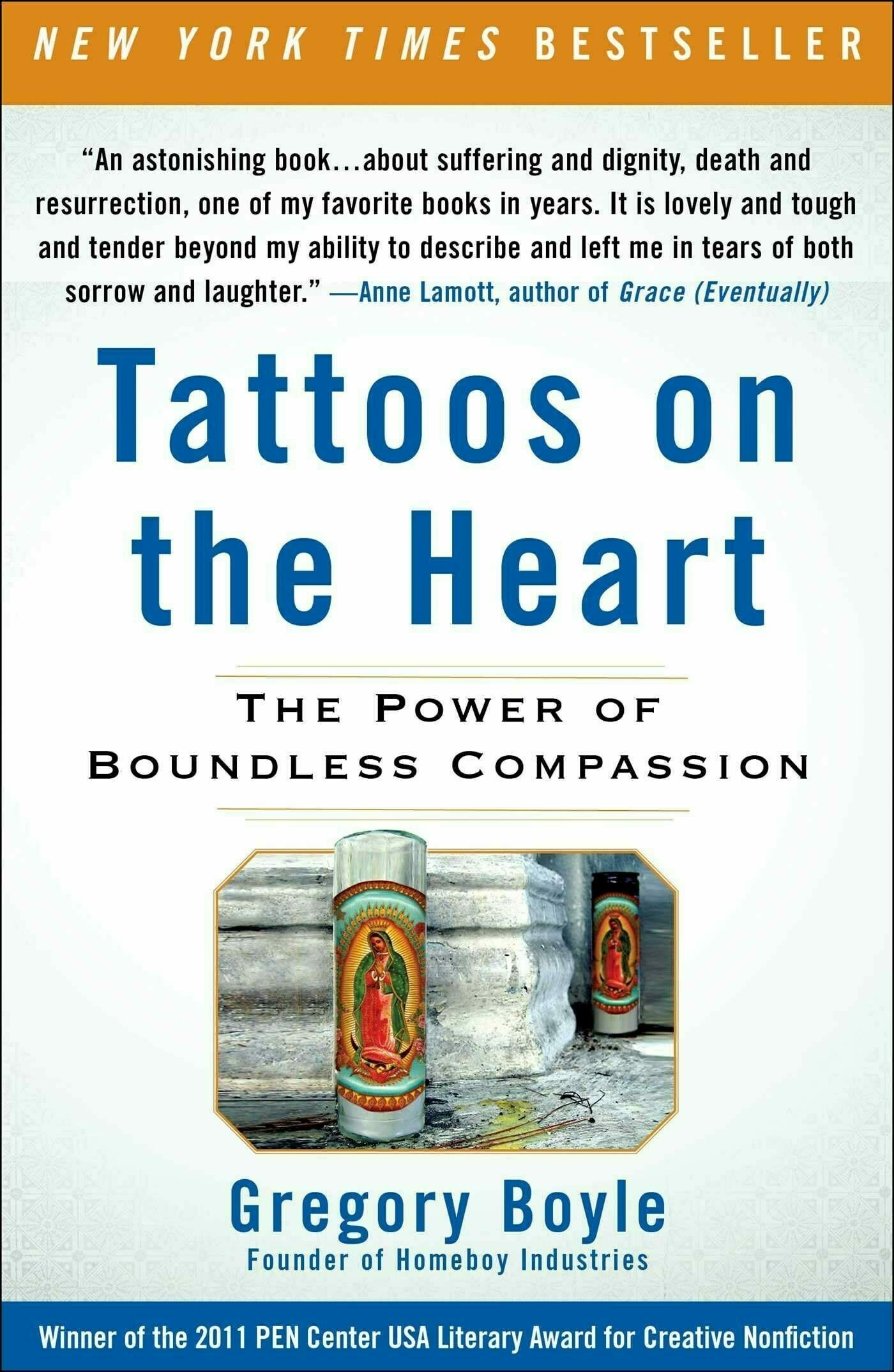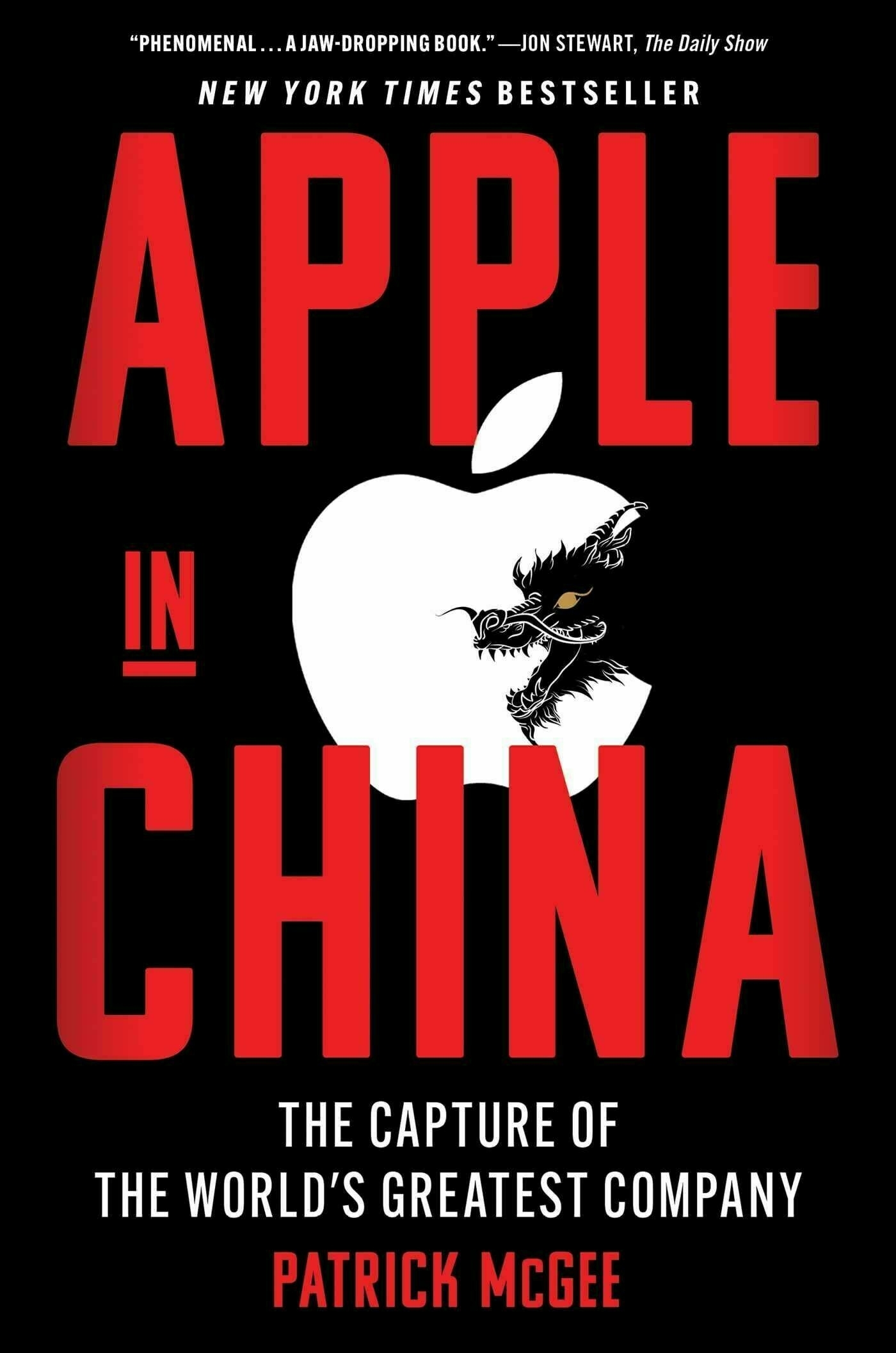Book Review: "Tattoos on the Heart", by Father Gregory Boyle
TLDR; Read this book now. We all need it (I have never said this about a book)
In this time of hate and division, here’s a book that shows how real compassion can change the world.
Hold up –I feel your cringe. Compassion has been doused in so much saccharine by performative Western Buddhism, it’s become cringe-worthy. If that upsets you, return to the breath, focus on your inner self, and let it go. Feel better? Namaste.
But what this book delivers is operative compassion — the kind that shows up, gets its hands dirty, not the Lululemon-clad brand of performative compassion.
I’ve heard countless hours Dharma talks filled with stories of gentle, world-changing figures. Beautiful, yes — but I’ve always wondered if they were real.
Father G is the real deal. In 1988, he became pastor of Dolores Mission, a church buried deep in the barrio of Los Angeles. Caught between two housing projects and the crossfire of multiple gangs, the suffering he witnessed was staggering.
So he and a few like-minded locals did what needed doing. They built support systems, job training programs, and in 1992 they launched Homeboy Industries — now a global force for good.
This book brought me many eye-moistening moments. Some of joy, many of sorrow, but the tragedy described led not to hopelessness but, ultimately, to strengthened resolve.
The subject matter is heavy, but Father G’s voice is light, sincere, vulnerable — even laugh-out-loud funny at times.
One of the hardest books I’ve ever read is Jerzy Kosiński’s The Painted Bird, about a six-year-old boy surviving WWII. Just opening it summoned storm clouds in my psyche. Tattoos on the Heart portrays similar depths of suffering — but here, those clouds part, and what breaks through is sunlight. Hope. Real, grounded, earned hope.

 Released in May 2025 to much acclaim, this book deserves every bit of praise.
Released in May 2025 to much acclaim, this book deserves every bit of praise.